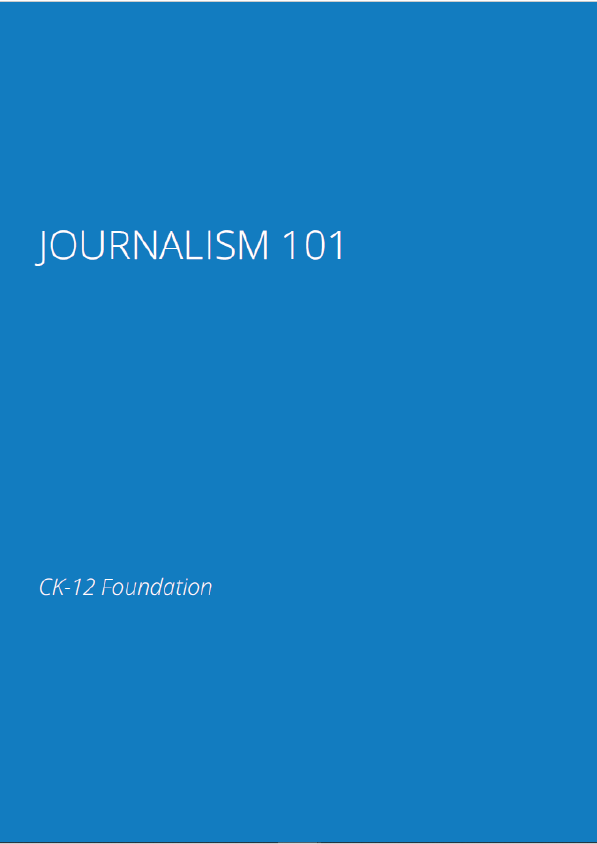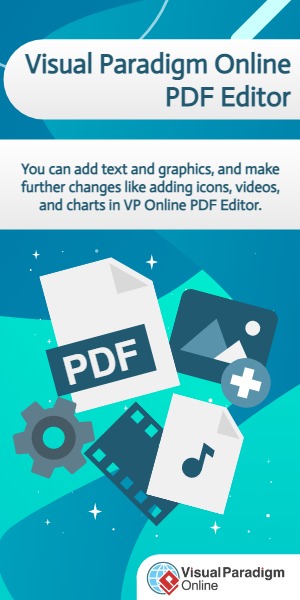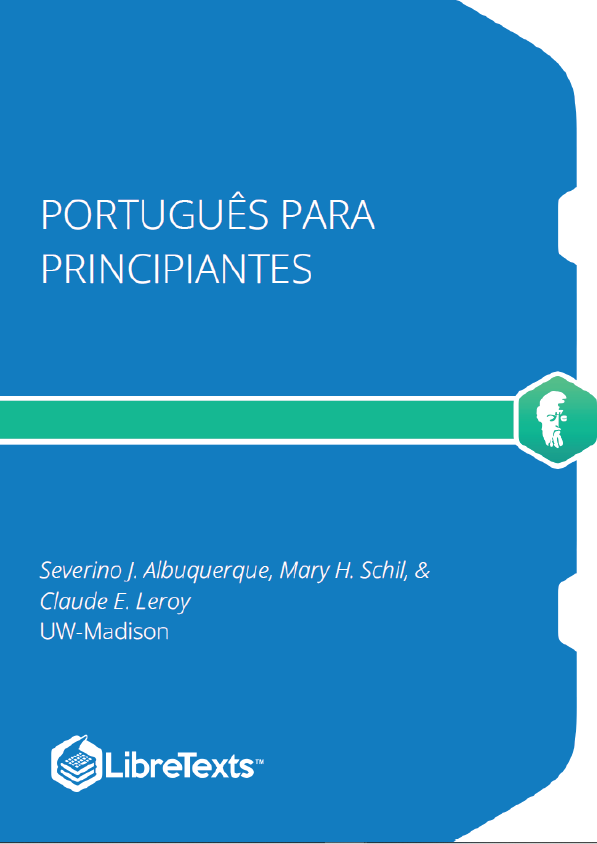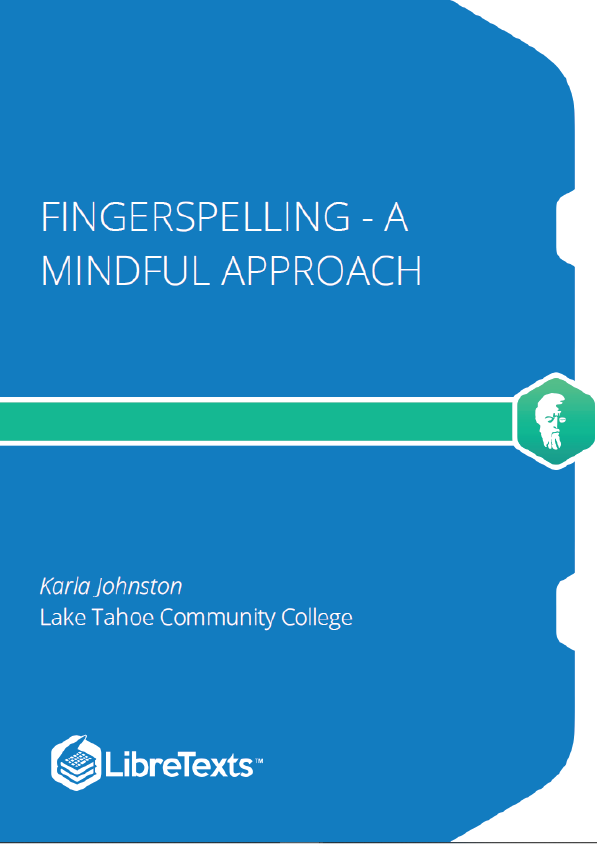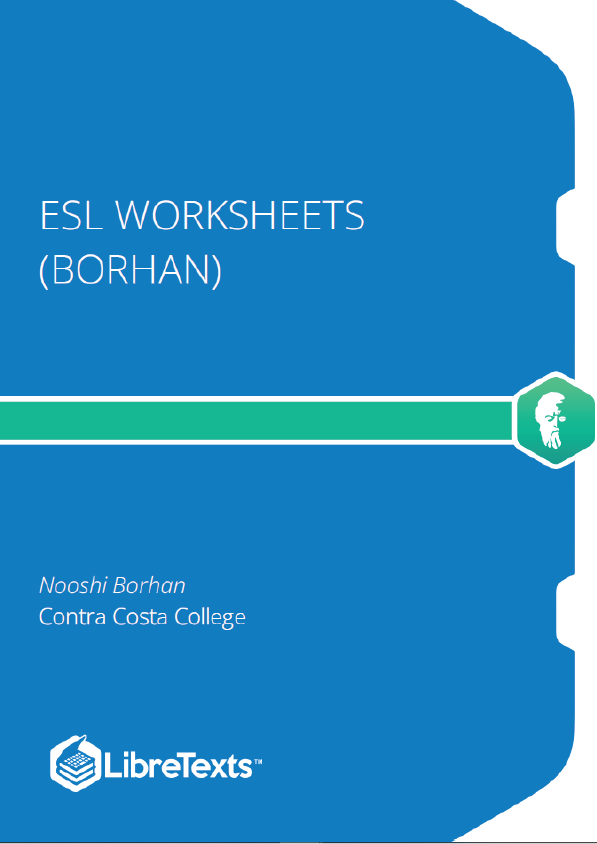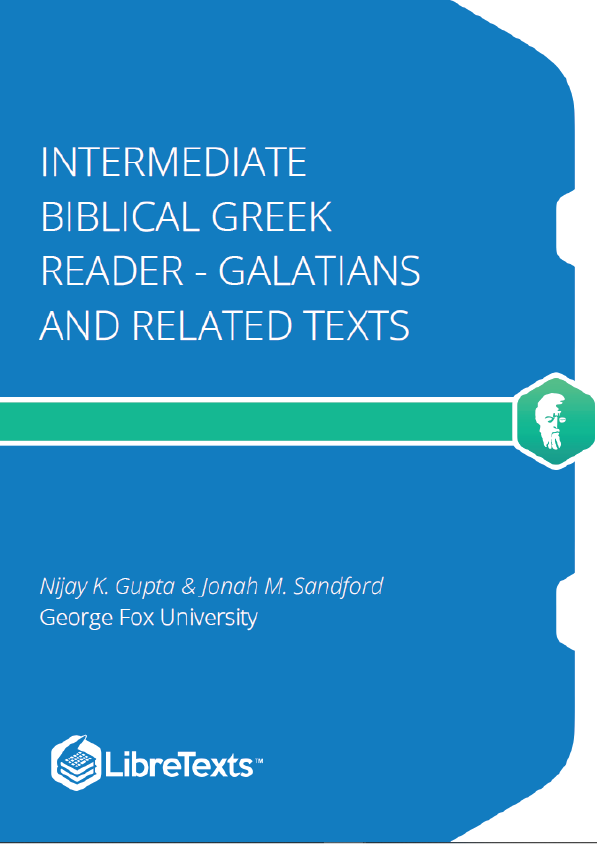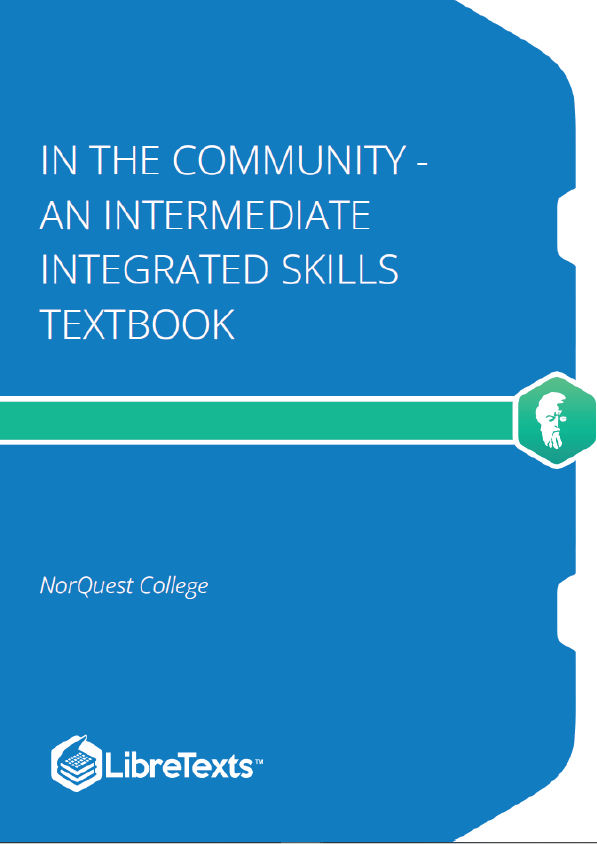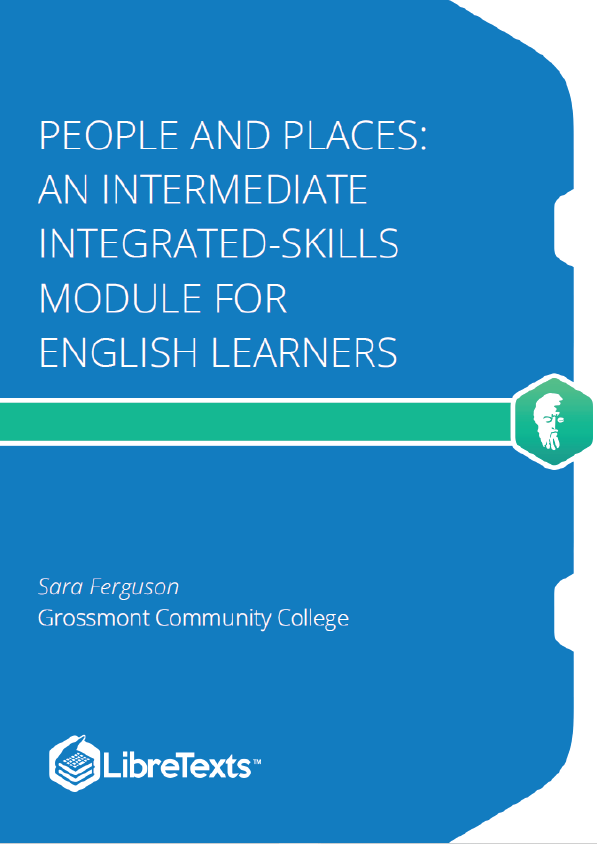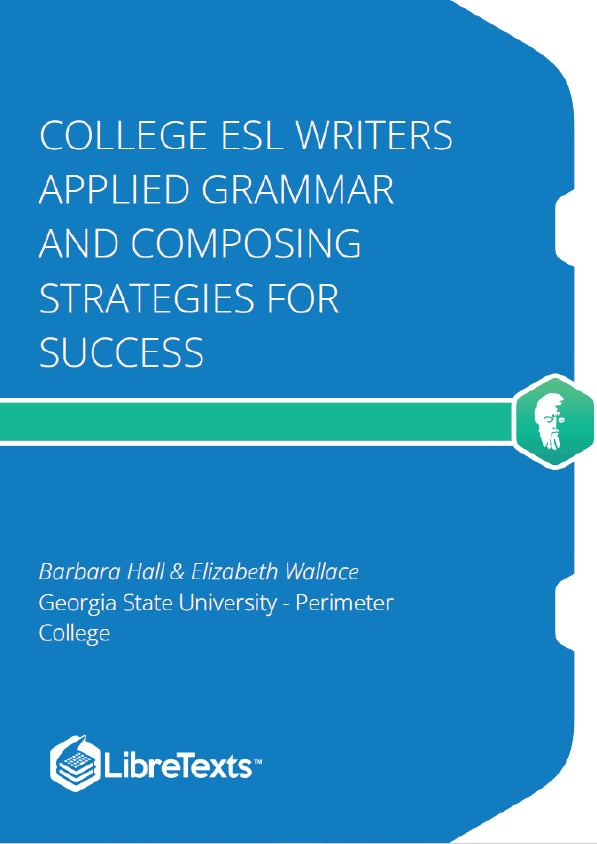Several years ago, on the first day of my journalism class at Phillips Academy, I asked my students to write down why they decided to take a course in writing and reporting the news. I told them to describe their philosophical ideals and their personal goals, and I told them to be honest. Perhaps their secret desire was to make or influence the news rather than merely to report it. Perhaps they were less concerned with journalism’s contribution to democracy than with getting themselves a byline. I wanted them to tell me the truth, because journalism is about truth above all. “Abandon duplicity,” I said, “and tell it to me straight.”
I met Chandler in his private museum, a warehouse filled with glamorous vintage automobiles and dioramas featuring animals he had shot on his many adventures. He was tall and imposing even at age 74 and immensely charming. I told him about my plans for an Andover journalism course, and as I was talking, I was thinking about what was then the beginnings of a crisis in the American press, as the new model of digital journalism was just coming into being—and the old model of print and ink newspapers was just becoming vulnerable to the massive changes wrought by the Internet. Subscriptions fell, and advertising revenue fell in response. Media companies slashed their budgets by closing bureaus and laying off reporters and editors; even family-owned newspapers with a commitment to public service had to cut their budgets as they wrestled with how to shutter their expensive printing presses and deliver quality journalism in some profitable way on the web. Editors had to cover more territory and gather more information with fewer people; at a certain point, they had to turn their backs on stories they just didn’t have the resources to pursue. Talk radio stations and 24-hour TV news shows meanwhile had to fill hours and hours of airtime with something inexpensive to produce; they padded their news with recycled sound bites, entertainment stories, trivia and gossip, and hours upon hours of commentary.
And yet more woes tumbled through my head: some journalists are lazy or dishonest or happy to pander to the people they cover, and nobody likes to read anymore, and everyone can’t get enough of celebrities, and so on and so on—a real kaleidoscope of nightmarish thoughts. And next thing I knew, I was telling Otis Chandler that I wondered if I should even create a course in print journalism. Maybe the basic skills of reporting and writing for a newspaper were not skills that would benefit my students one single bit.
